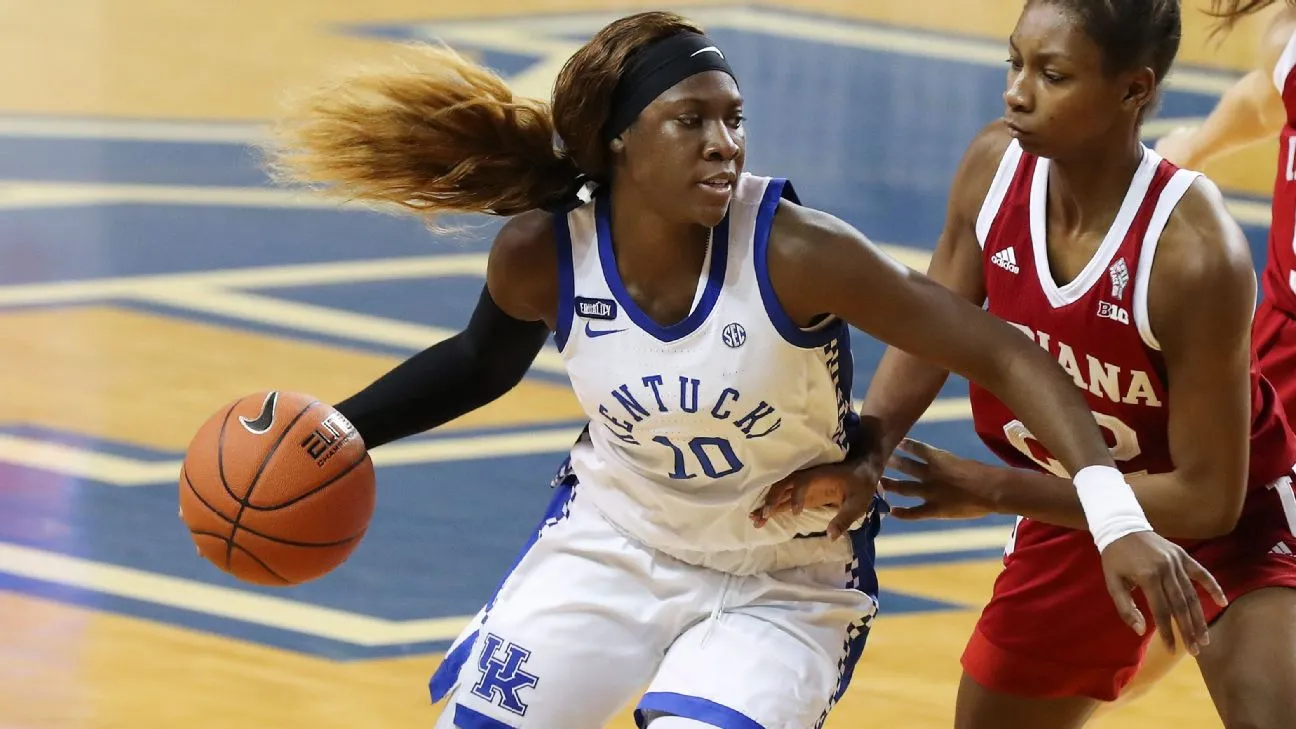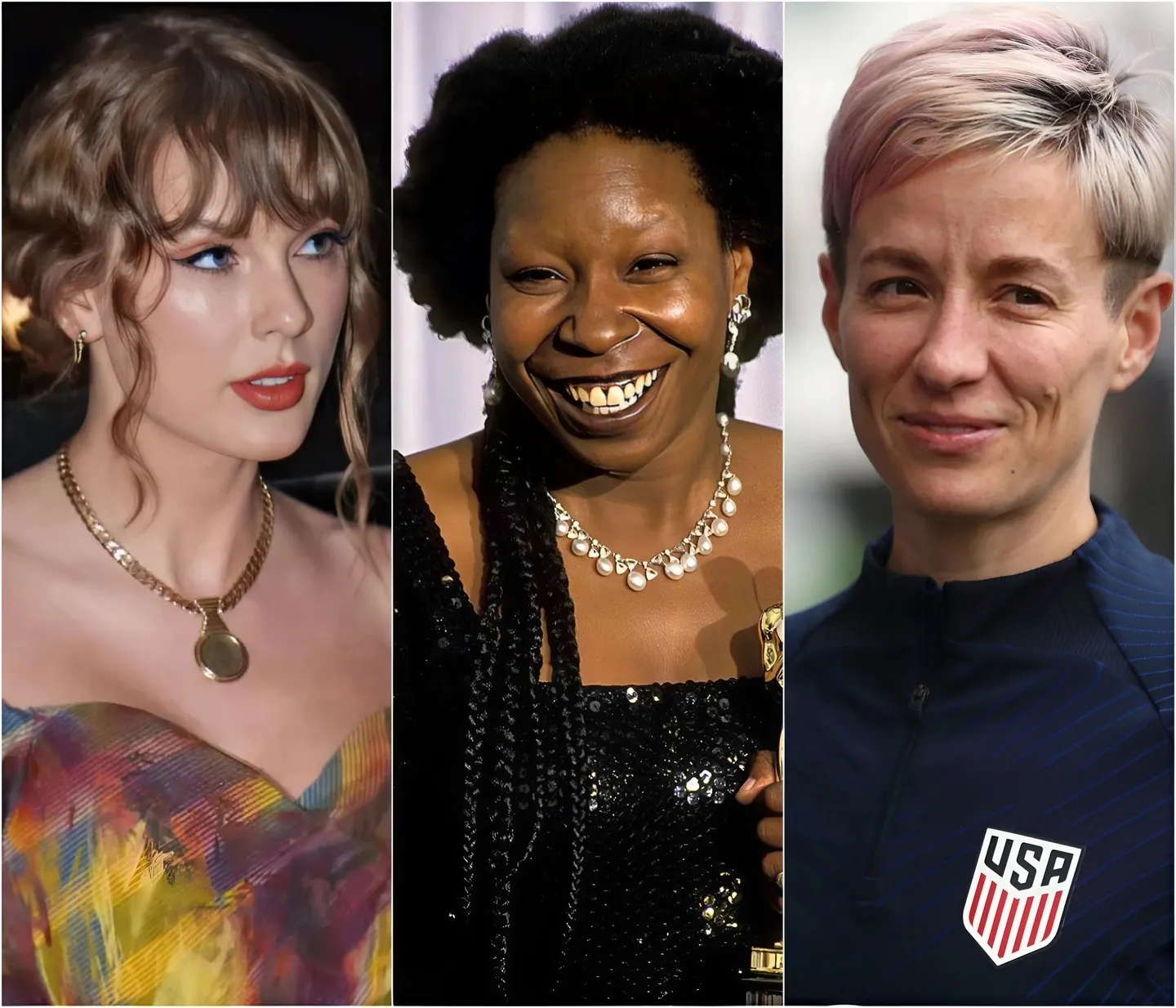
In a controversial and polarizing incident, a women’s basketball team forfeited their playoff match after declining to compete against a team featuring a biological male athlete. The decision has reignited heated debates about fairness, inclusivity, and the evolving landscape of women’s sports, leaving many questioning where the balance lies between upholding equality and protecting competition integrity.
The forfeiting team expressed concerns about the fairness of competing against an athlete who, despite identifying as female, retains physical advantages commonly associated with male athletes. Team representatives cited potential safety risks and a perceived imbalance in competition as key factors behind their decision. Their stand has drawn both praise and criticism, highlighting the deep divisions in public opinion on the participation of transgender athletes in women’s sports.
Supporters of the team’s decision argue that the inclusion of transgender athletes undermines the principle of fair competition that forms the foundation of sports. They emphasize that physiological differences, particularly in strength and speed, provide biological males with an advantage that cannot be mitigated solely by hormone treatments or transition-related therapies. This perspective insists that women’s sports exist to provide opportunities for athletes to compete on a level playing field, free from the disparities that arise in mixed-gender competition.
Opponents of the team’s choice to forfeit counter with arguments centered on inclusivity and the recognition of transgender athletes’ rights. Advocates assert that everyone deserves the opportunity to participate in sports that align with their gender identity. They argue that excluding transgender athletes from women’s categories perpetuates discrimination and disregards the significant barriers these individuals already face in their pursuit of athletic goals.

The forfeiture comes amidst growing scrutiny of policies governing transgender participation in sports. Governing bodies worldwide remain divided on the issue, with some opting for stringent regulations based on testosterone levels or transitional timelines, while others embrace a more inclusive approach. This lack of consensus has left teams, athletes, and organizers navigating complex ethical and legal dilemmas with few clear answers.
Critics of the current regulatory framework argue that it fails to address the nuances of transgender inclusion in sports. They call for more rigorous scientific studies to better understand the impact of transition-related treatments on athletic performance. In the absence of such data, they caution against blanket inclusivity policies that may inadvertently compromise the competitive balance and safety of women’s sports.
Meanwhile, advocates for inclusivity emphasize the need for empathy and understanding in crafting policies. They highlight the importance of creating safe and welcoming spaces for all athletes, including those who are transgender. Many stress that sports should be a platform for unity and personal growth, not a battleground for exclusion and division.
The forfeiting team’s decision has also prompted discussions about the broader implications of such incidents on women’s sports as a whole. Some argue that repeated situations like this could discourage participation and undermine the progress made in promoting women’s athletics. Others suggest that high-profile controversies may serve as a catalyst for clearer, more equitable policies in the future.
The debate has extended beyond sports, touching on cultural and political tensions surrounding gender identity and inclusion. Critics accuse some factions of politicizing the issue to advance broader agendas, while others argue that the controversy reflects a necessary reckoning with outdated norms and attitudes. This broader context has amplified the stakes, ensuring that the fallout from this single game resonates far beyond the court.
Athletes on both sides of the controversy have expressed frustration over the lack of definitive guidance. Many feel caught between their desire to compete and the ethical quandaries posed by policies they perceive as incomplete or inequitable. For these players, the focus remains on the game they love, but the challenges of navigating such fraught territory often cast a shadow over their passion for competition.

While the forfeiting team stands by their decision, the opposing team, which advanced by default, has faced its own share of scrutiny. Some question whether their inclusion in the playoffs under these circumstances truly reflects competitive merit. The team, however, remains steadfast in their commitment to inclusivity, viewing the incident as an opportunity to advocate for broader acceptance and understanding within sports.
As the debate continues, stakeholders across the sports world are calling for more dialogue and collaboration to address these issues. Many believe that finding a path forward will require balancing fairness with inclusivity while acknowledging the complex realities faced by transgender athletes and their competitors.
For now, the incident serves as a flashpoint in the ongoing conversation about the future of sports and the values they represent. Whether it will lead to meaningful change or deepen existing divisions remains uncertain, but one thing is clear: the debate over fairness and inclusion in women’s sports is far from over.



